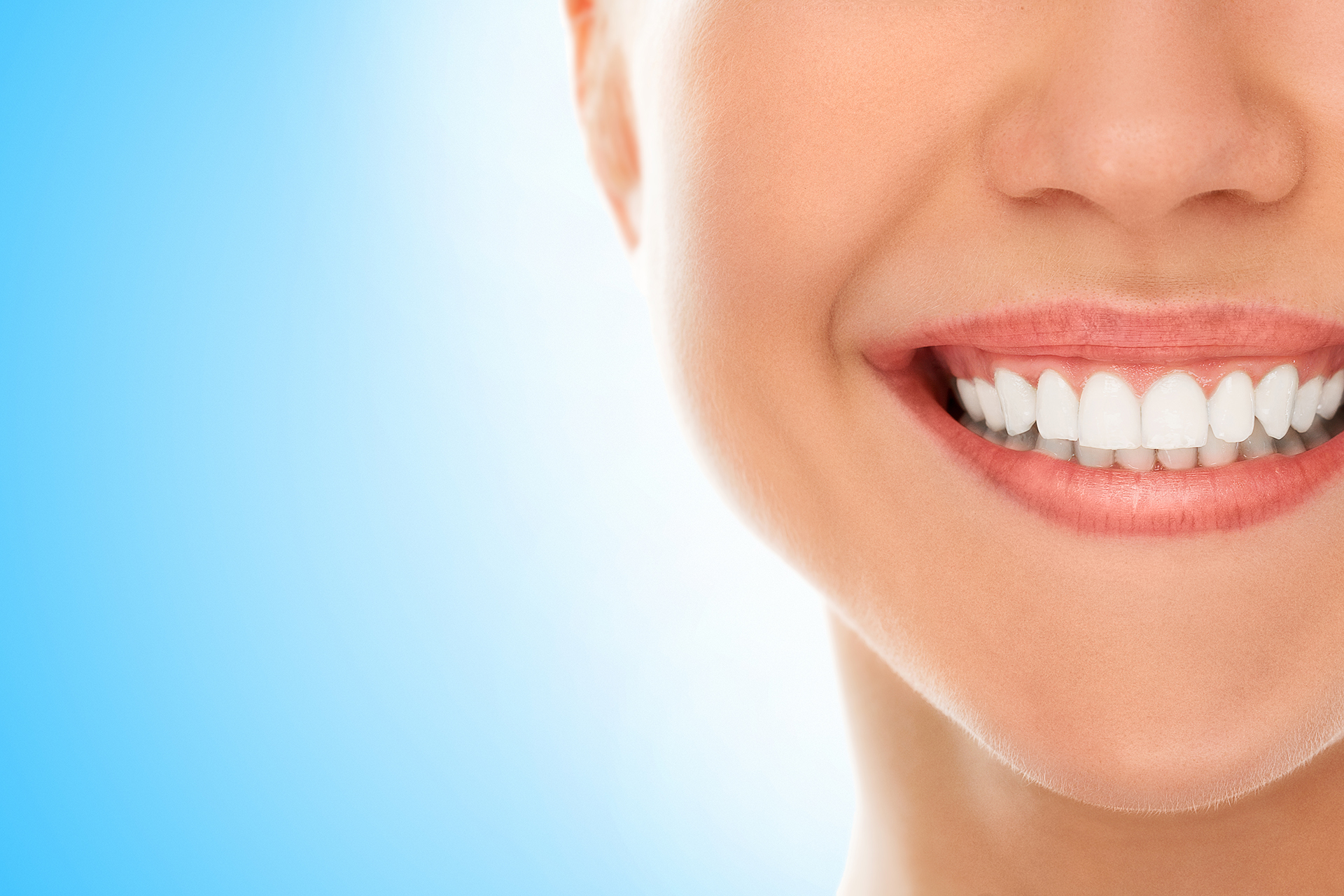
A lot of people choose dental veneers to achieve a more attractive smile with whiter and brighter teeth. Nevertheless, it’s important to be careful not to use whitening treatments excessively, like whitening toothpaste, strips, or trays, as they can gradually damage the resin material in veneers. The peroxide found in these whitening products is quite harsh and can cause small fractures in the veneers if used too aggressively or frequently. It’s advisable to use whitening products with caution if you have veneers.
Putting Too Much Pressure on Teeth When Eating or Grinding
A dentist who specializes in veneer in Woodbridge explains that although dental veneers are durable, they are not as resilient as natural tooth enamel. It’s important to be cautious when biting into very hard or crunchy foods such as apples, nuts, crackers, or ice, as they can potentially crack or dislodge veneers. Additionally, individuals who clench or grind their teeth, whether during the day or at night, can subject the veneers to excessive wear and tear, which may result in damage. To protect your veneers, it’s advisable to avoid intense chewing and consult your dentist if you have issues with teeth grinding.
Furthermore, the successful placement of veneers often follows a comprehensive smile makeover that addresses concerns like tooth decay and old fillings. However, if underlying or recurring decay is not adequately treated prior to veneer placement, it can compromise the bond between the veneer and the natural tooth. This decay weakens the bond and can lead to veneers cracking or becoming dislodged. It is essential to prioritize good oral hygiene practices and address any decay issues before getting veneers.
Rebonding Improperly Done Veneers at Home
 Sometimes dental veneers pop off or crack, and patients are tempted to try quick home repairs like super gluing them back onto their teeth. This is always a bad idea! The materials and etching process used for durable veneers require special expertise and tools. Improper rebonding at home often fails quickly or further damages the veneer. Timely professional repairs or replacements prevent additional tooth and veneer damage.
Sometimes dental veneers pop off or crack, and patients are tempted to try quick home repairs like super gluing them back onto their teeth. This is always a bad idea! The materials and etching process used for durable veneers require special expertise and tools. Improper rebonding at home often fails quickly or further damages the veneer. Timely professional repairs or replacements prevent additional tooth and veneer damage.
Accidents Like Sports Injuries or Car Wrecks Can Crack Veneers
Dental veneers instantly give you an amazing smile, but the thin porcelain covers are rigid and brittle by nature. Trauma to the mouth from car accidents, sports injuries, falls, or blows to the face can, unfortunately, crack the porcelain. Clenching on hard or sharp objects can also damage veneers. Get cracked veneers repaired or replaced quickly by your cosmetic dentist to prevent injury inside your mouth or underneath the cracked veneer.
Repeated Exposure to Extreme Hot and Cold Can Damage Dental Bonding
Dental veneers and other tooth-colored bonding materials expand and contract to some degree with temperature changes. While veneers are quite durable, repeated dramatic temperature swings from very hot to very cold foods and drinks can put stress on the resin bond over time. Things like alternating constantly between hot coffee and icy drinks can degrade the bond a bit with each shift. While veneers hold up well overall, avoiding extreme hot and cold swings helps maintain that seamless bond to the natural teeth.








